In an era where data drives decision-making, businesses are increasingly relying on real-time data processing to gain actionable insights, respond quickly to changing conditions, and maintain a competitive edge. AI tools for real-time data processing enable companies to analyse and act on data as soon as it becomes available, whether it’s from customer interactions, IoT devices, or internal systems. In this article, we’ll explore the best AI tools for real-time data processing in 2024-2025, their key features, and how they can benefit your business.
Why Real-Time Data Processing Matters
Real-time data processing involves capturing and analysing data as soon as it is generated. This process allows businesses to respond to events immediately, improving operational efficiency, enhancing customer experiences, and identifying opportunities or risks as they occur. Key applications of real-time data processing include:
- Fraud Detection: Financial institutions use real-time data to detect and respond to fraudulent activities. Lear how AI tools are transforming finance.
- Customer Personalisation: Businesses can offer tailored experiences to customers by analysing real-time data from interactions, purchases, or browsing patterns.
- Predictive Maintenance: IoT devices and sensors generate real-time data to monitor equipment health, enabling predictive maintenance to prevent costly breakdowns.
- Supply Chain Optimisation: Real-time data helps supply chains react to disruptions, manage inventory, and improve delivery timelines.
Key Considerations When Choosing AI Tools for Real-Time Data Processing
- Processing Speed and Scalability
The primary function of real-time AI tools is their ability to process vast amounts of data quickly. Tools like Apache Kafka and Google Cloud Dataflow are known for their scalability and high-speed data processing capabilities, ensuring businesses can handle large volumes of real-time data seamlessly. - Integration with Existing Infrastructure
AI tools should easily integrate with your existing IT infrastructure, including data lakes, CRMs, and ERP systems. IBM Streams and Microsoft Azure Stream Analytics offer robust integration capabilities, allowing businesses to incorporate real-time data processing into their current workflows without disruptions. - Automation and Ease of Use
Real-time data processing tools should offer automation features that reduce the need for manual intervention. Platforms like Amazon Kinesis and Apache Flink are designed to automate complex workflows, enabling users to focus on data-driven decisions rather than managing data streams. - Data Security and Compliance
Data privacy is critical, especially when processing sensitive information in real-time. Solutions like Cloudera DataFlow and Google Cloud Dataflow are equipped with encryption and security features that ensure data compliance with GDPR, HIPAA, and other regulatory standards. - Customisation and Flexibility
Every business has unique requirements, and real-time AI tools should offer flexibility to customise data workflows. Apache Flink and Google Cloud AI provide flexible solutions that can be tailored to specific industry needs, making them highly adaptable. - Cost Efficiency
Real-time data processing can be resource-intensive, so cost-effective solutions are vital for long-term sustainability. Platforms like Amazon Kinesis and Apache Kafka offer pricing models that allow businesses to scale affordably as their data processing needs grow.
Top AI Tools for Real-Time Data Processing in 2024-2025
- Apache Kafka
Apache Kafka is an open-source platform designed for real-time data streaming at scale. It’s widely used across industries for data integration, event streaming, and monitoring applications. Kafka’s scalability and fault tolerance make it ideal for large enterprises that need to process massive data streams in real time. - Google Cloud Dataflow
Google Cloud Dataflow is a fully managed service for real-time data processing and stream analytics. It supports dynamic work rebalancing, ensuring that businesses can process data as it comes in without delays, making it a top choice for companies dealing with large-scale real-time analytics. - IBM Streams
IBM Streams provides businesses with real-time analytics on data in motion. This platform supports high-volume data ingestion, making it suitable for industries like healthcare, finance, and manufacturing that require real-time insights for decision-making. - Microsoft Azure Stream Analytics
Microsoft Azure Stream Analytics is a powerful tool for real-time data analytics, processing millions of events per second. It integrates seamlessly with Microsoft’s cloud ecosystem, making it a preferred option for businesses already using Azure services. - Amazon Kinesis
Amazon Kinesis is an AWS service that allows for real-time data streaming and analytics. It supports a wide range of applications, from fraud detection to log monitoring, and integrates well with other AWS services for a comprehensive data processing solution. - Apache Flink
Apache Flink is another open-source platform designed for stream and batch data processing. Flink excels in real-time analytics and is used in various industries for processing data streams with low latency and high throughput. - Cloudera DataFlow
Cloudera DataFlow is an enterprise-grade real-time data streaming platform that integrates data collection, streaming, and processing. Cloudera is widely used for its strong security features and scalability, making it suitable for enterprises that need to process large data volumes securely. - Google Cloud AI
Google Cloud AI provides AI-powered solutions for real-time data analytics, helping businesses turn real-time data into actionable insights. Its machine learning capabilities enhance real-time data processing, enabling predictive analytics and advanced decision-making.
Benefits of Real-Time Data Processing with AI Tools
- Immediate Insights: Real-time data processing provides instant access to data-driven insights, enabling businesses to act quickly in response to market conditions, customer behaviour, or internal processes.
- Enhanced Decision-Making: AI tools analyse data as it comes in, helping businesses make more informed decisions in areas like customer service, operations, and risk management.
- Operational Efficiency: Automating real-time data analysis reduces manual workload, optimising processes and freeing up time for strategic tasks.
- Fraud Prevention: Real-time data analysis enables quick detection and response to potential fraudulent activities, particularly in industries like finance and e-commerce.
- Predictive Analytics: AI tools for real-time data processing support predictive analytics, allowing businesses to forecast trends and anticipate potential challenges.
Real-time data processing is critical for businesses looking to stay competitive in fast-paced industries. With the right AI tools, your company can leverage real-time insights to enhance decision-making, improve operational efficiency, and drive growth. If you’re ready to explore how AI can transform your data processing capabilities, book a consultation with us and learn how our experts can help you implement the best AI tools for your needs.
AI-driven real-time data processing is revolutionising industries, and professionals with expertise in this field are in high demand. If you’re interested in joining a cutting-edge team and working with the latest AI technologies, apply to join us and become part of our mission to drive innovation with AI.





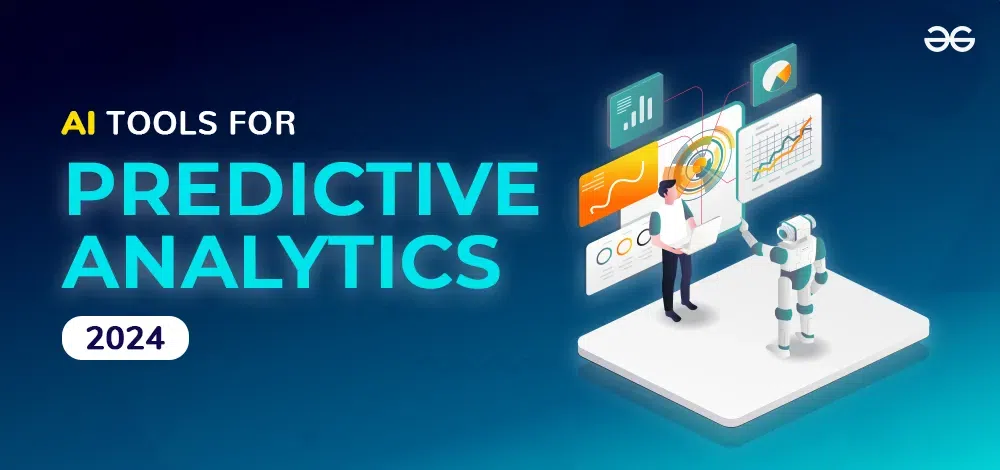
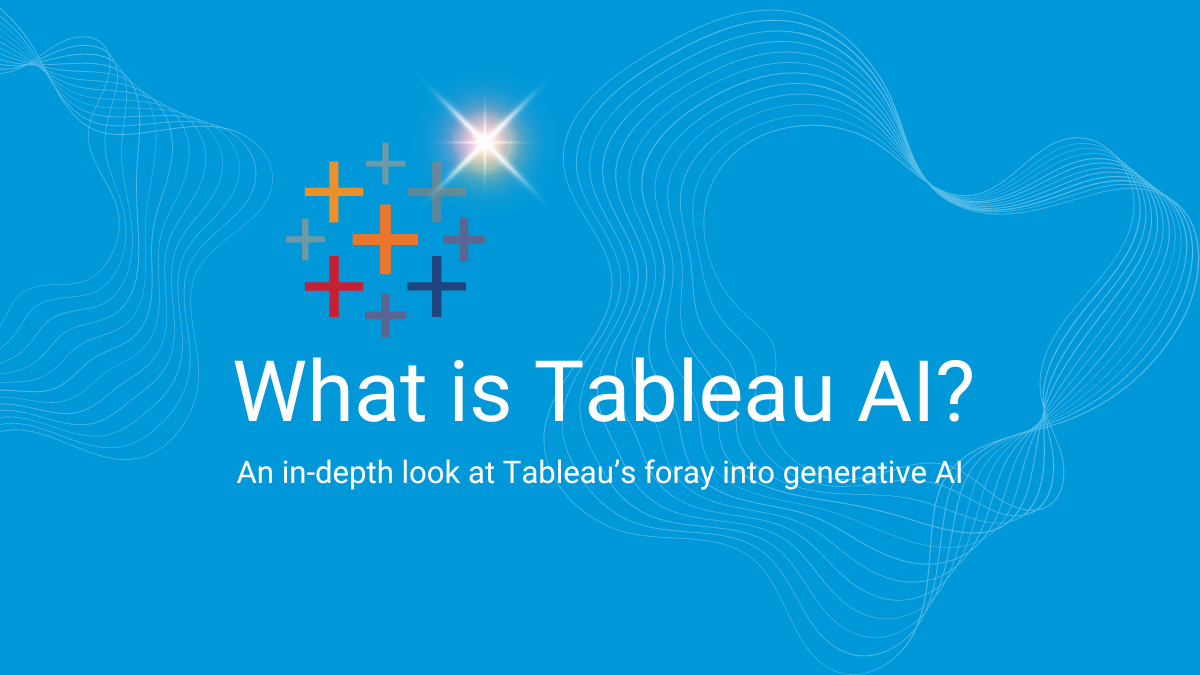
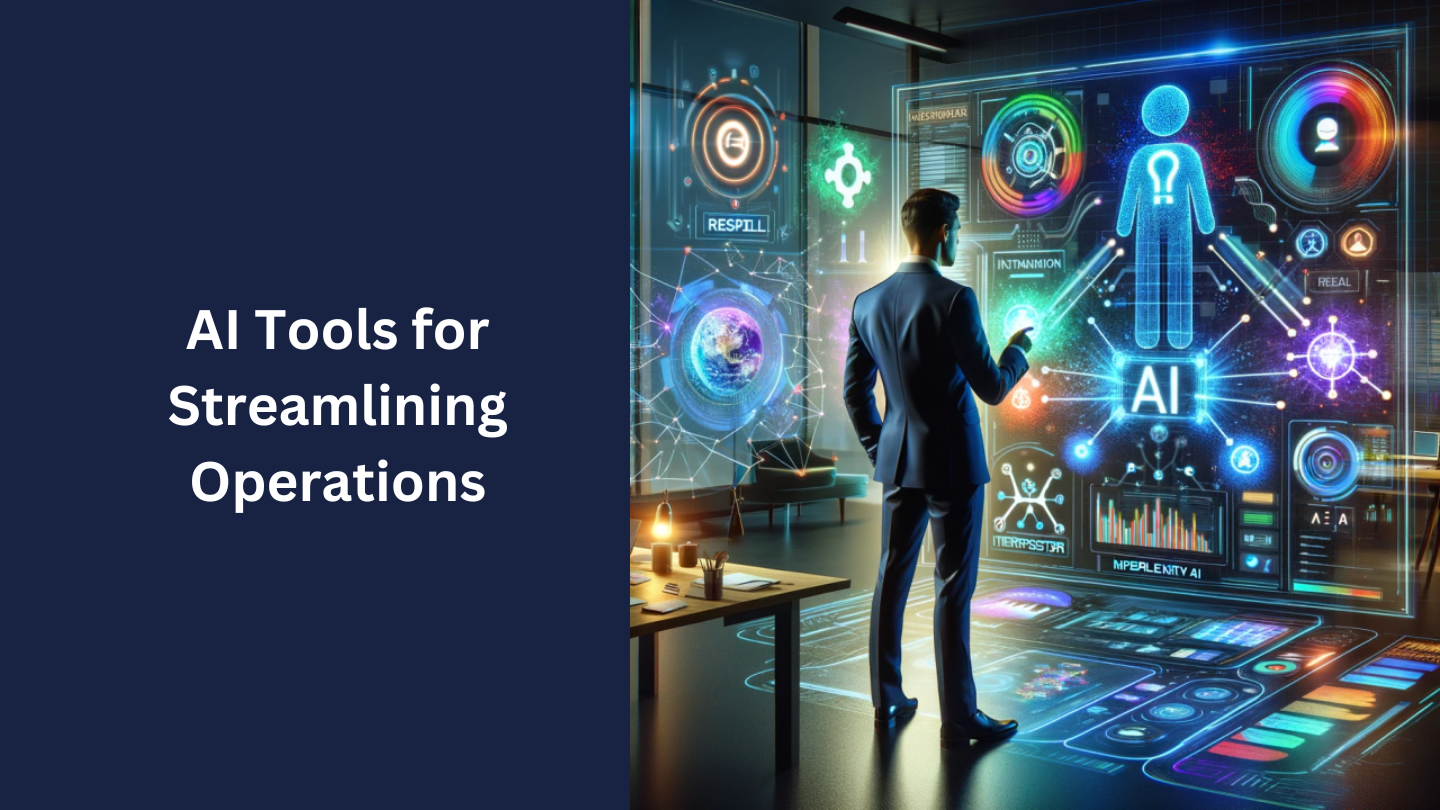
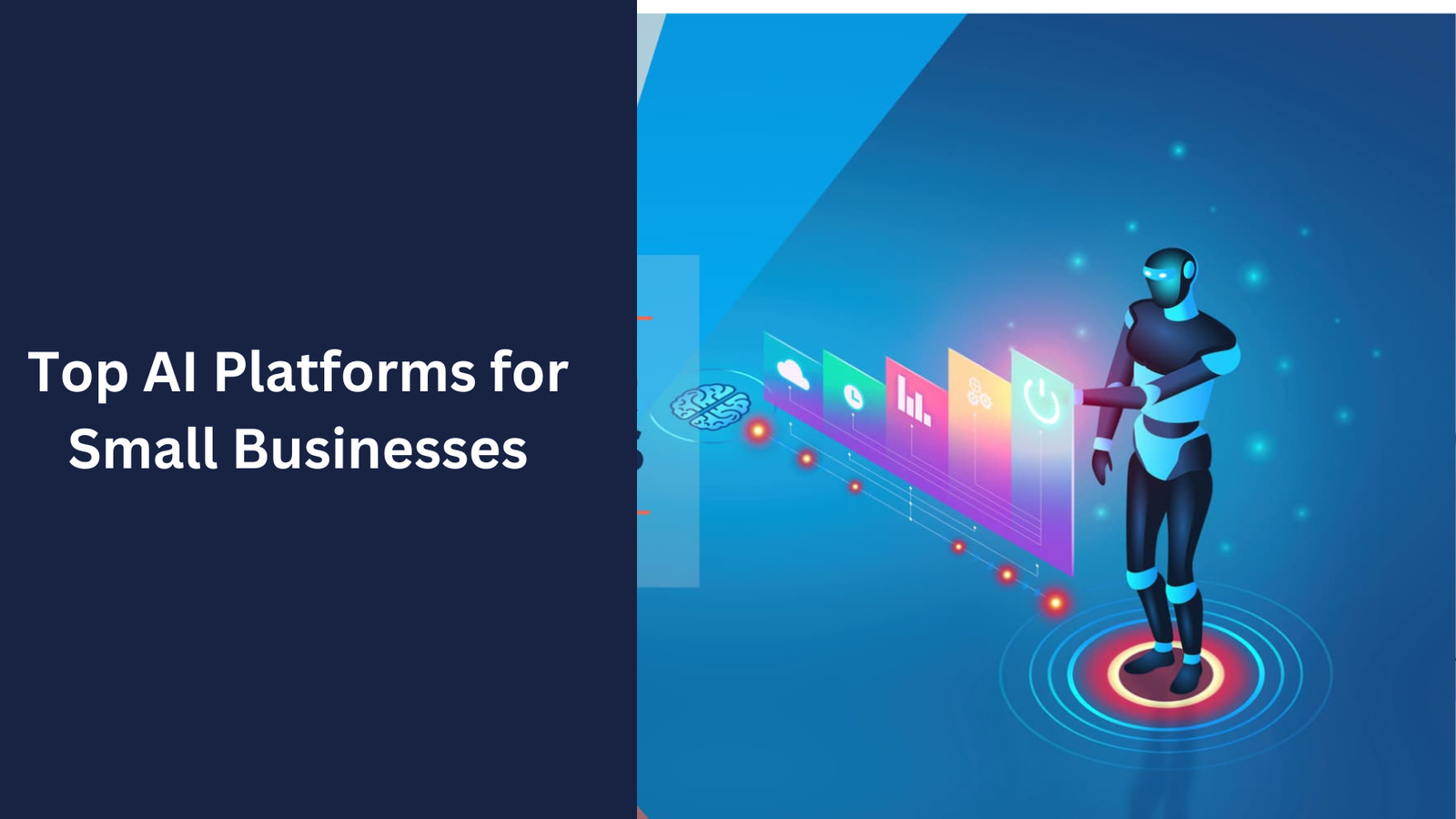
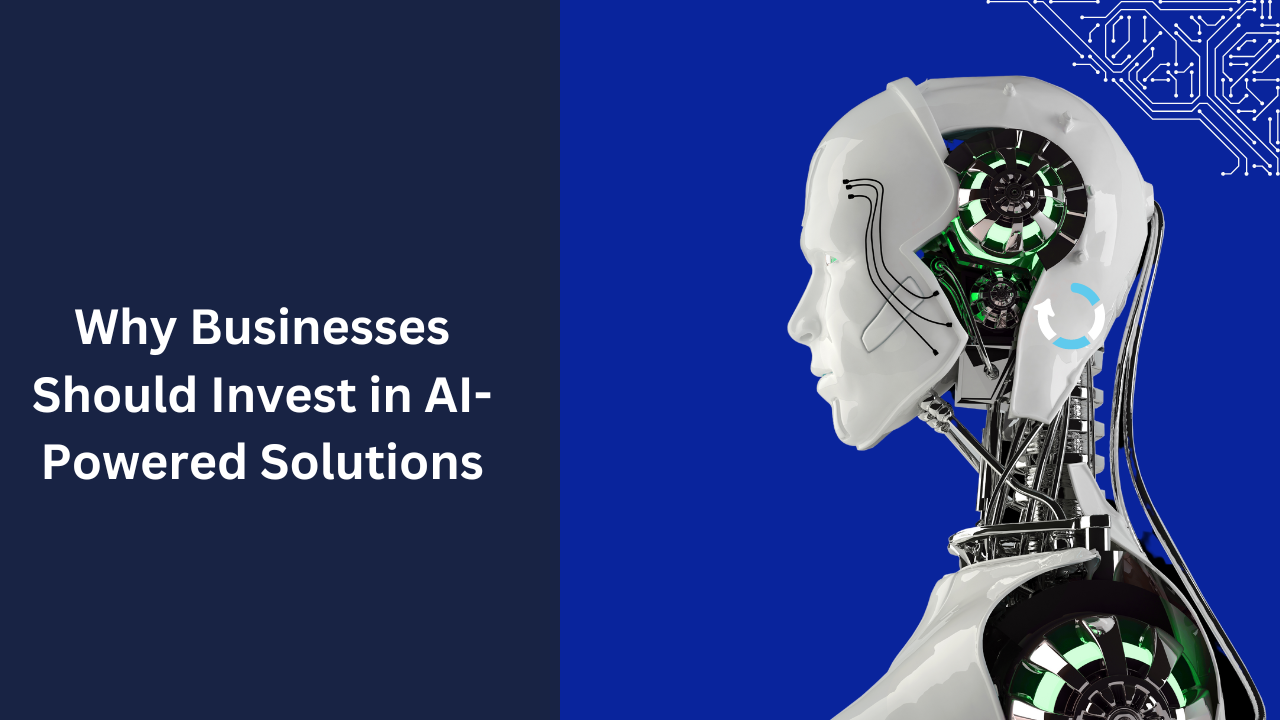
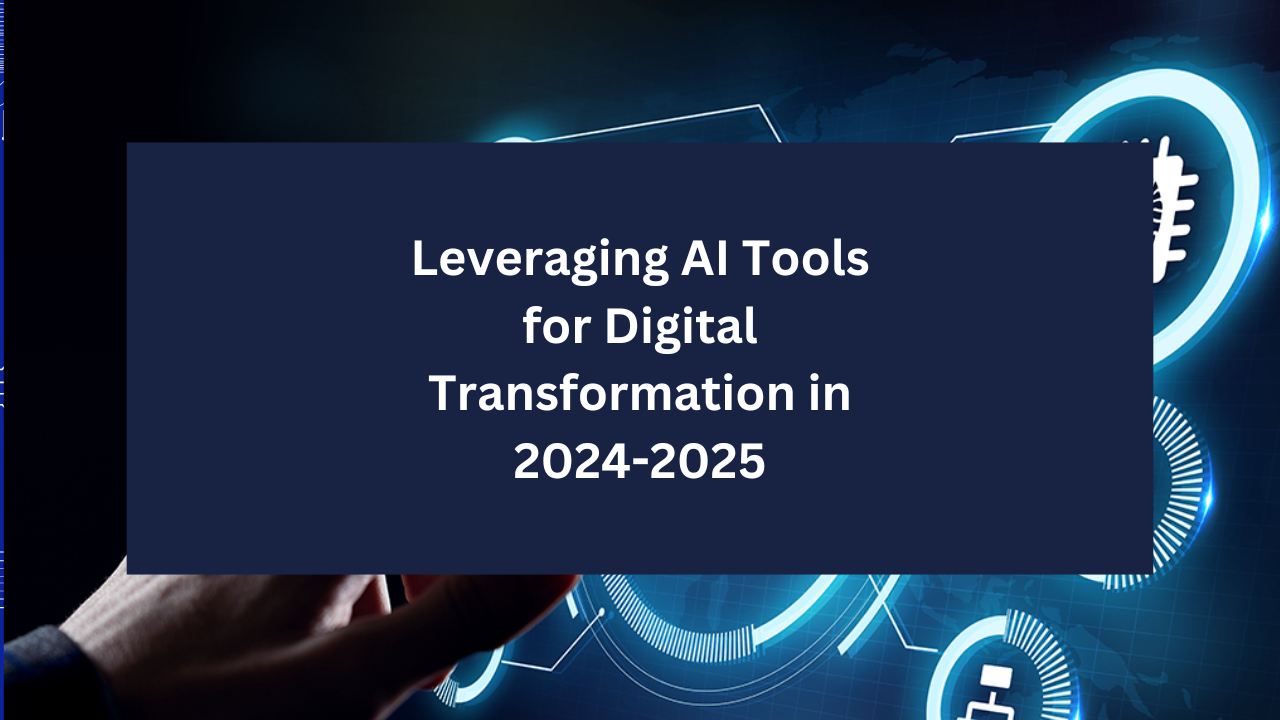
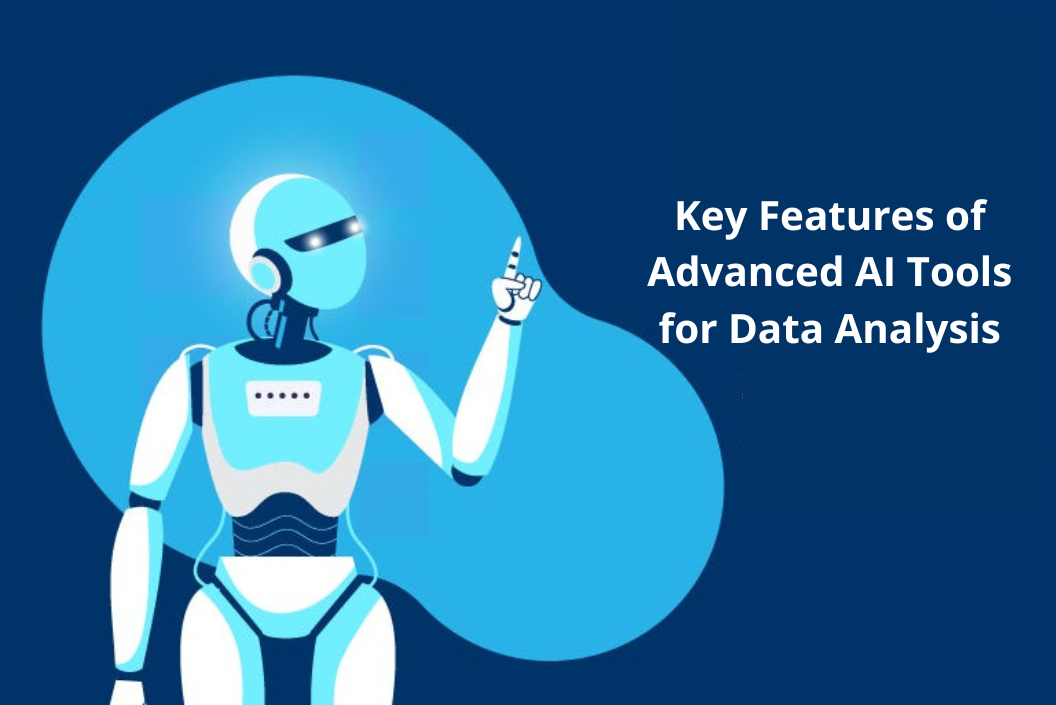
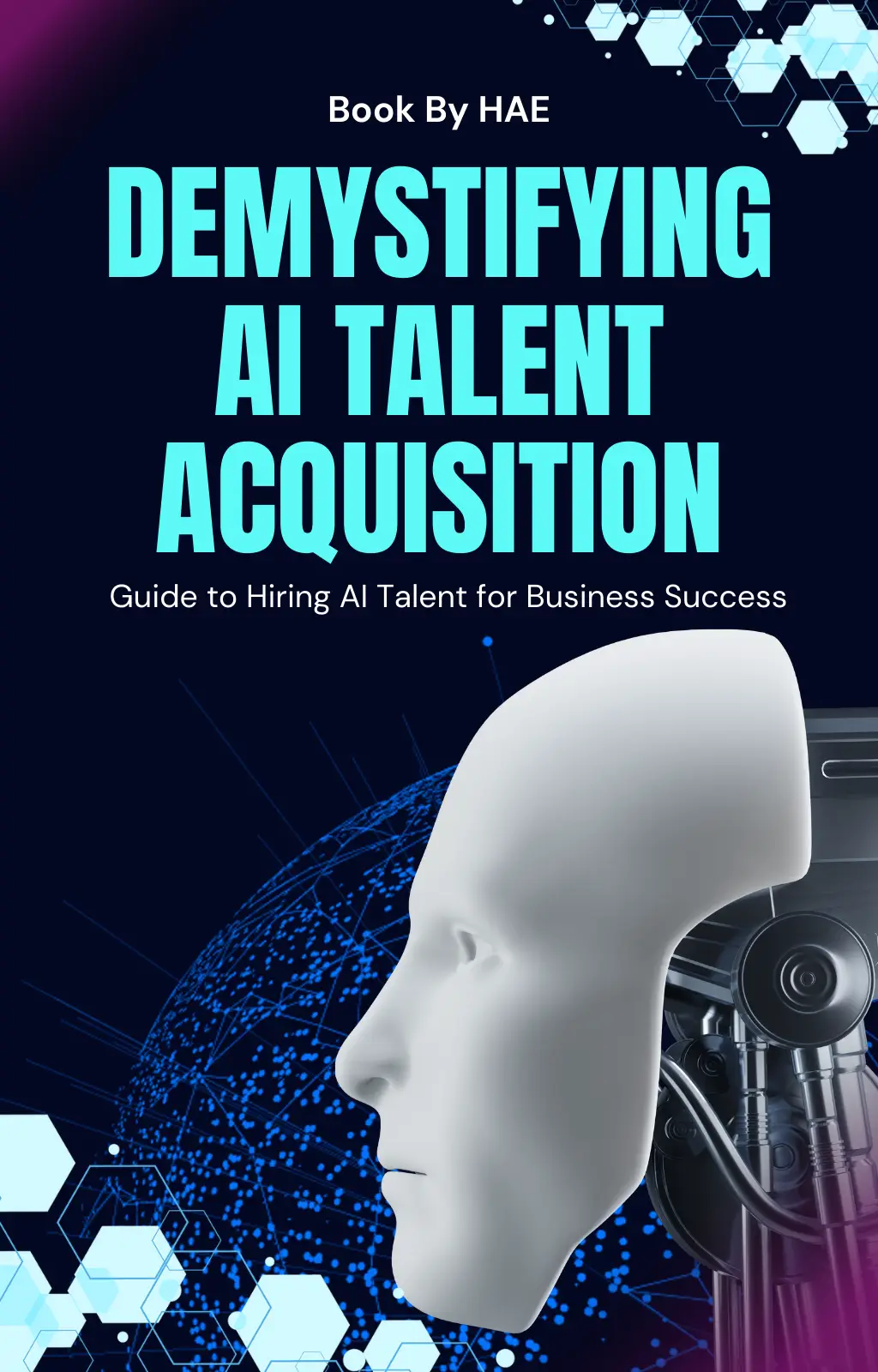
Pingback: Top AI Tools and Platforms for Businesses in 2024-2025
Pingback: How to Choose the Best AI Tools for Data Analytics - 2024-2025
Pingback: Key Features of Advanced AI Tools for Data Analysis in 2024-2025